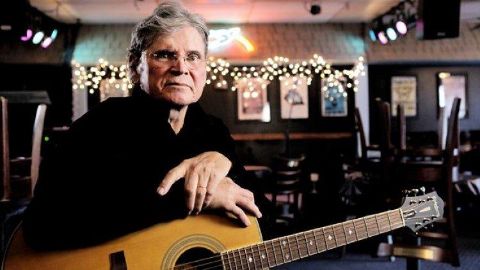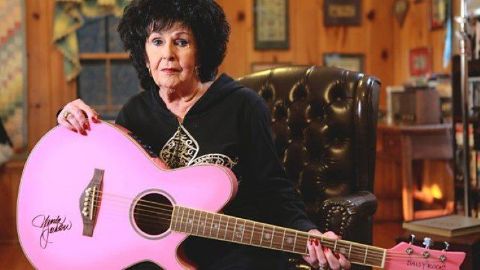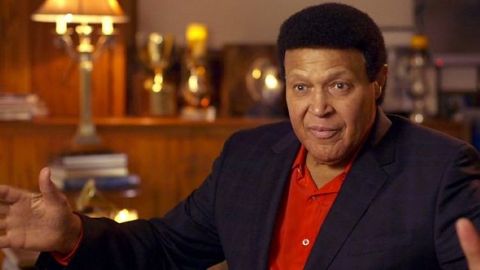Rock and Roll America • 2015 • 3 episodes • 2h:55m
In Cold War mid-1950s America, as the new suburbia was spreading fast in a country driven by racial segregation, rock 'n' roll took the country by surprise. Out of the Deep South came a rhythm-driven fusion of blues, boogie woogie and vocal harmony played by young black pioneers like Fats Domino and Little Richard that seduced young white teens and, pre-civil rights, got black and white kids reeling and rocking together. BBC Four special three-part documentary series, Rock 'n' Roll America, explores the roots of rock music in the USA, its subsequent explosion around the world and how the first wave of rock stars opened the door for modern pop in the decade between 1954 and 1964. The series features exclusive interviews with a host of iconic music names including Ben E King, Chubby Checker, Ronnie Spector, Tom Jones, Pat Boone, Don Everly, Wanda Jackson, Joe Boyd, Jerry Lee Lewis and The Crickets' Jerry Allison.
Part one, Sweet Little Sixteen, focuses on the origins of the sound in 1950s America - a rhythm-driven mix of blues, boogie woogie and vocal harmony championed by young music pioneers such as Fats Domino and Little Richard, which was nurtured by small independent record labels and, pre-Civil Rights Act, drew young white and black kids together. This episode also discusses the start of Elvis Presley's career as a local singer in Memphis and examines the impact the film industry had on the movement. In particular, bad boy heartthrob Marlon Brando's iconic performance in 1953's The Wild One as the biker that ignited a rebellious spirit and style in teens across America, and 1955's Blackboard Jungle, which featured Bill Haley & His Comets' Rock Around The Clock, which went on to become the first rock 'n' roll number one and an anthem for the country's disaffected youth.
S1E1 • 2015 • Music
In episode two, Whole Lotta Shakin', the rock 'n' roll story continues with the boom in the sound across America and its move into mainstream culture thanks to seminal TV appearances from Elvis, who made his small-screen debut with a rendition of Heartbreak Hotel before his notoriously sexualised performance of Hound Dog that caused shockwaves across conservative America. The programme explores the media's failed attempts to suppress the genre before wholesome Buddy Holly calmed the waters, converting geeky looks into chart success, before scandal again in 1958 with Elvis's conscription to the army and Jerry Lee Lewis's career suicide when he married his 13-year-old cousin.
S1E2 • 2015 • Music
The series concludes with Be My Baby, which reflects on the evolution of rock 'n' roll music and its impact in America, including Buddy Holly's tragic death in a plane crash in 1959 at the age of 22, the game-changing arrival of The Beatles in America in 1964, and everything in between. Philadelphia produced 'teen idols' like Fabian who were beamed around the country by the daily TV show Bandstand. Rock 'n' roll even fuelled the Motown sound in Detroit and soundtracked the sunshiny west coast dream from guitar instrumental groups like The Ventures to LA's emerging Beach Boys. In the early 60s, rock 'n' roll was birthing increasingly polished pop sounds across the States, but American teens seemed to have settled back into sensible young adulthood. Enter the long-haired boys from Liverpool, Newcastle and London.
S1E3 • 2015 • Music


